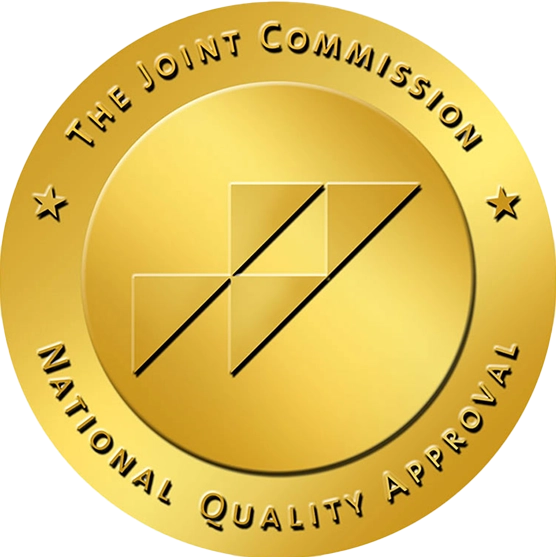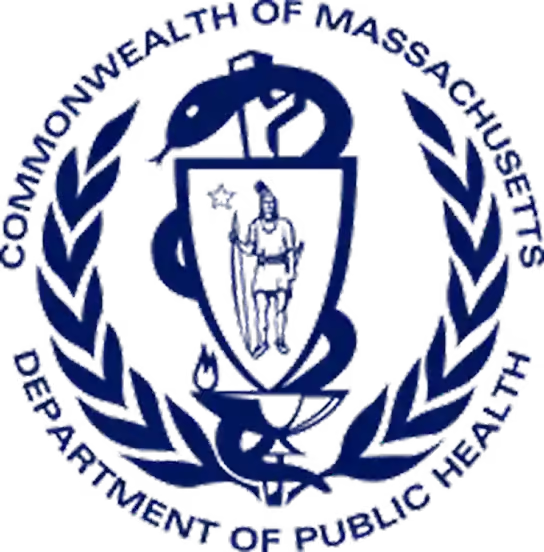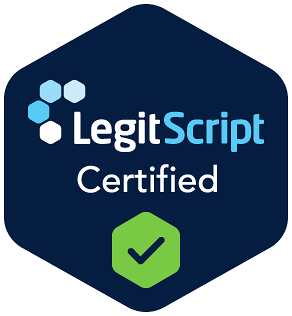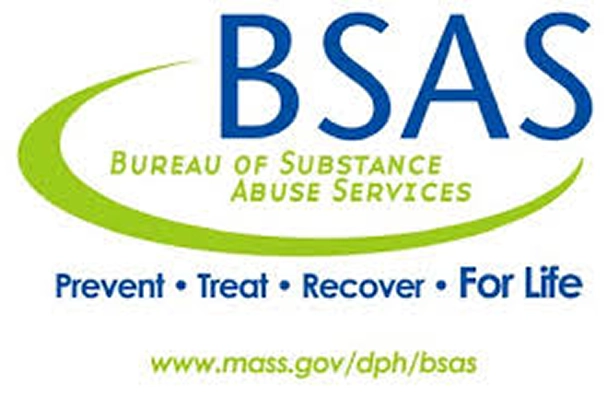What Is Gambling Disorder?
Gambling disorder is a pattern of betting that continues despite negative impact. It often involves strong urges, chasing losses, and secrecy around money. Recognized in the DSM-5-TR, gambling disorder is a mental health condition that responds to treatment, not willpower alone.
Why Choose Rebuilding Mental Health
Personalized, Data-Informed Plans
Start with a comprehensive psychiatric evaluation to map triggers, spending patterns, and co-occurring symptoms. Your plan adapts weekly to your progress and changing needs.
Evidence-Based Therapies
Flexible Levels of Care
Attend Day, Half-Day, or Virtual programs held in the evenings that balance treatment with work or school. Each option delivers the same therapies, structure, and gradual step-down support.
Whole-Person, Family-Centered Support
We combine mindfulness, expressive arts, and family therapy to strengthen coping skills. This approach builds resilience and healthier communication at home.
Testimonials and Success Stories
I love this place the people that work there are the nicest people in the world!
C.M.
Verified Patient
stress free process to get started and the staff is friendly and accommodating!
E.R.
Verified Patient
Fantastic program and great people!
T.R.
Verified Patient
Our Gambling Addiction Treatment Programs
Day Treatment
A weekday evening program (6–9 PM, Monday to Friday) with group therapy, individual sessions, skills labs, and coaching. You return home each night with plans to practice.
Half-Day Treatment
Evening sessions (6–9 PM, select days) combine therapy, skills practice, and check-ins. This flexible option allows you to maintain work or school commitments.
Virtual Treatment
Secure telehealth sessions bring therapy and skills practice to your home. Virtual care works well for privacy needs, travel limits, or ongoing maintenance.

What to Expect in Treatment
First 1–2 Weeks
Start with orientation, evaluation, and treatment goals. You’ll begin cognitive-behavioral therapy (CBT) for gambling urges, money boundaries, and stress tolerance. When appropriate, our team may coordinate medication management.
(Medications are prescribed off-label for gambling disorder and work best when combined with therapy.)
Skills You’ll Practice
- Urge surfing and delay techniques to handle impulses
- Budgeting tools, app blocks, and financial safeguards
- Cognitive restructuring to reduce chasing losses
- Consistent sleep and stress routines to lower risk
- Family communication and boundary-setting strategies
Benefits and Limitations
Treatment can reduce gambling frequency, repair relationships, and improve mood. Recovery takes practice. Slips may occur, but relapse-prevention plans help you return quickly to your goals.
Meet Our Gambling Clinicians
Our gambling treatment team includes Michael Stevens, Clinical Director of Rebuilding First Responders, and Andrew Linberg, Clinical Executive at Rebuilding Mental Health. With decades of experience in behavioral health and trauma-informed care, they specialize in gambling disorder and co-occurring mental health challenges, helping clients strengthen self-awareness, manage urges, and rebuild emotional balance.

Andrew Linberg
Clinical Executive
Specialist in Gambling Addiction, Recovery Coaching, and Behavioral Health Leadership
Andrew Linberg is Clinical Executive at Rebuilding and a licensed clinical social worker (LICSW) with over 30 years of experience in therapy, education, program development, and behavioral health leadership. His career spans healthcare executive roles, private practice, higher education, and recovery coaching.
…

Michael Stevens
Clinical Director, Rebuilding First Responders
Specialist in Gambling Addiction, Substance Use, and Co-Occurring Disorders
Michael Stevens is a licensed clinician with more than 20 years of experience treating trauma, mental health challenges, and co-occurring disorders. He focuses on the emotional, relational, and cognitive impacts of gambling addiction, helping individuals and families rebuild stability and connection.
…
How to Get Started
Getting started with Rebuilding Mental Health is a clear, supportive process.
1
Call for a free consultation
We’ll talk through your goals and verify your insurance.
2
Complete an assessment
You’ll attend an in-person or virtual meeting to discuss your needs.
3
Start tailored treatment
With our guidance, you’ll go through CBT and other proven therapies.
4
Step down as you progress
Our team helps you transition to lower levels of care when you’re ready.
Insurance Providers
We accept many out-of-network insurance plans. Our admissions team will verify your benefits before starting care.

Ready to Rebuild?
You don’t have to face gambling urges alone. At Rebuilding Mental Health in South Easton, you’ll receive personalized treatment, evidence-based tools, and compassionate support to help you rebuild. Call today to begin your journey.

FAQs
What is a gambling disorder?
Gambling disorder is repeated betting that continues despite harm. It includes strong urges, chasing losses, and loss of control.
What treatments work best for gambling addiction?
Cognitive-behavioral therapy is most effective. Motivational strategies, family involvement, and financial safeguards add support.
Are there medications for gambling addiction?
There are no FDA-approved medicines for gambling addiction, but research shows drugs like naltrexone may reduce urges when combined with therapy.
Can I do treatment online?
Yes. Virtual programs provide therapy and skills training at home with the same benefits as in-person care.
How long does treatment take?
Most participants attend structured care for several weeks, then step down. Recovery continues with ongoing skills and support.
What if I slip and gamble?
Slip-ups can happen. We use relapse-prevention plans to review triggers and help you return to treatment quickly.
Should my family be involved?
Absolutely, if appropriate. Family therapy improves communication, strengthens boundaries, and increases motivation for long-term recovery.
Are there Massachusetts resources I can use now?
Yes. Massachusetts offers a 24/7 Problem Gambling Helpline with phone and chat support, plus direct treatment referrals.
Mental Health Resources

You might notice your college student is more focused on odds than homework, glued to their phone during games, or suddenly short on cash. At first, sports betting can sound

Many veterans carry stress that lingers long after service ends. Memories, pressure, and loss can follow them home, shaping daily life in ways that feel hard to explain. A strong

Living with bipolar disorder means dealing with mood swings that can feel like they’re controlling your life. One week, you may struggle to get out of bed. The next one,




